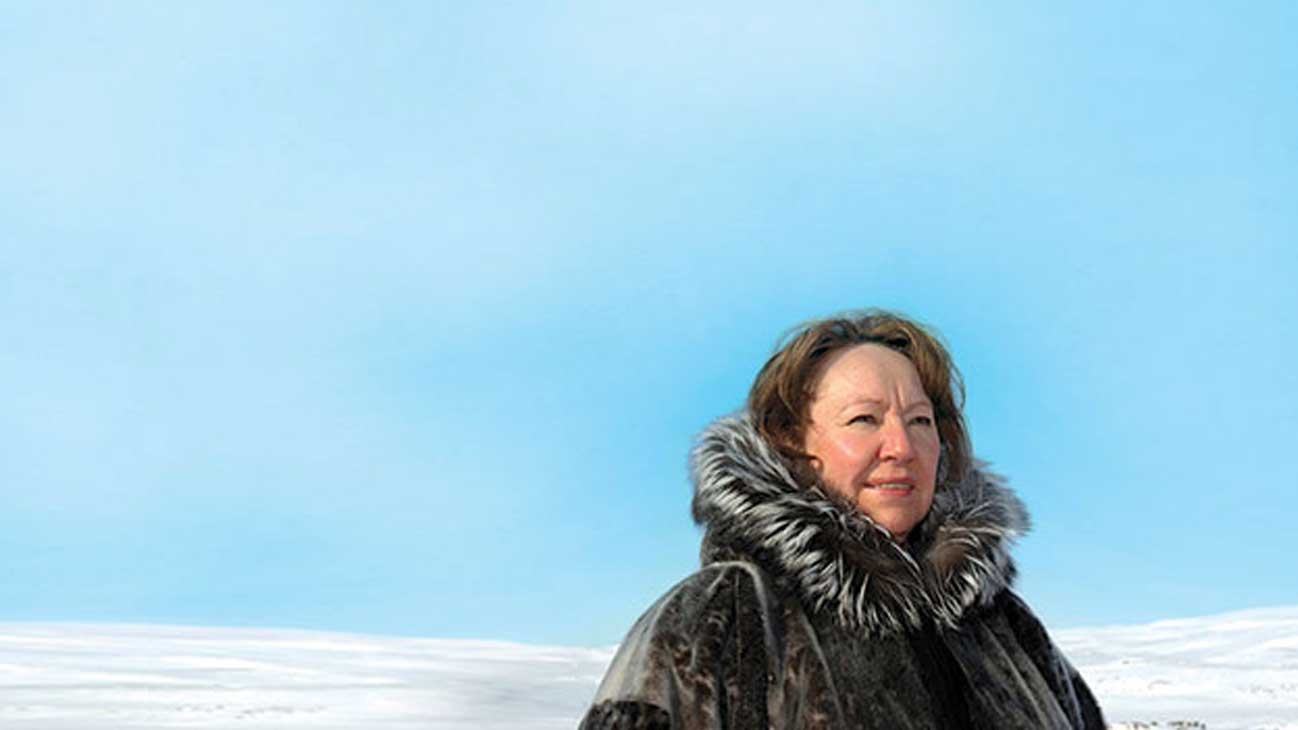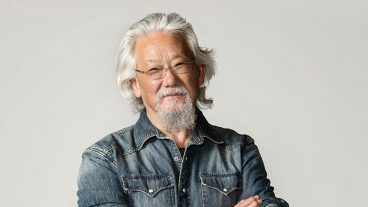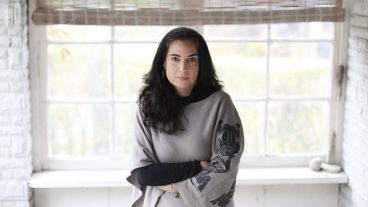As the impacts of climate change continue to develop across the planet, it is increasingly important to listen to the people who are being most affected by its negative fallout. As an environmental and human rights advocate – and Indigenous person of the North – Sheila Watt-Cloutier continues to be a crucial voice representing the important-but-fragile Arctic lands and the people live there.
In a far-ranging new essay for the UK-based literary magazine, Granta, Watt-Cloutier delves deep on her experience growing up in the North; the vital connection in Indigenous cultures between nature and natural resources; and the fraught, traumatic relationships her people have had with European settlers, and now the Canadian government. Within this framework, she makes a clear and powerful argument for the Arctic as one of the frontlines in the struggle against climate change. The future of the Arctic and the people who have lived there for generations, she writes, is closely tied with the future of life on our planet as we know it.
On the heels of her Granta piece, Watt-Cloutier has also been interviewed by the Globe and Mail on topics ranging from her Inuit heritage, the effect of climate change on Indigenous people of the North, and the pathway to possible reconciliation. Towards the end of the discussion, she spoke frankly on the importance of confronting climate change and why it matters that we recognize this problem connects all aspects of our world:
From your experience, what is your advice on tackling the issue of climate change?
The good fight that I’ve been part of for a number of years now is to reframe the terms of the debate regarding environmental degradation, resource development and climate change in the Arctic, in particular. It’s important to recognize how closely linked environment, health, economics, culture and rights are in our society. The Earth is a living, breathing entity just the same as our bodies are. Our survival utterly depends on living in nature, not apart from it. In addressing climate change, we need to move away from focusing solely on the language of economics, which further adds to the destruction of our atmosphere, our land, our waters and wildlife, and we need to emphasize and consider the impact on human life and rights as well. Climate change is very much about the moral and ethical imperative.
Nobel Peace Prize nominee Sheila Watt-Cloutier is in the business of transforming public opinion into public policy. Experienced in working with global decision-makers for more than a decade, Watt-Cloutier offers a new model for 21st century leadership. She speaks with passion and urgency on the issues of today — the environment, the economy, foreign policy, global health, and sustainability — not as separate concerns, but as a deeply interconnected whole. At a time when people are seeking solutions, direction, and a sense of hope, this global leader provides a big picture of where we are and where we’re headed.
If you’re interested in booking Watt-Cloutier or another speaker for a virtual presentation, please contact us for more information.




